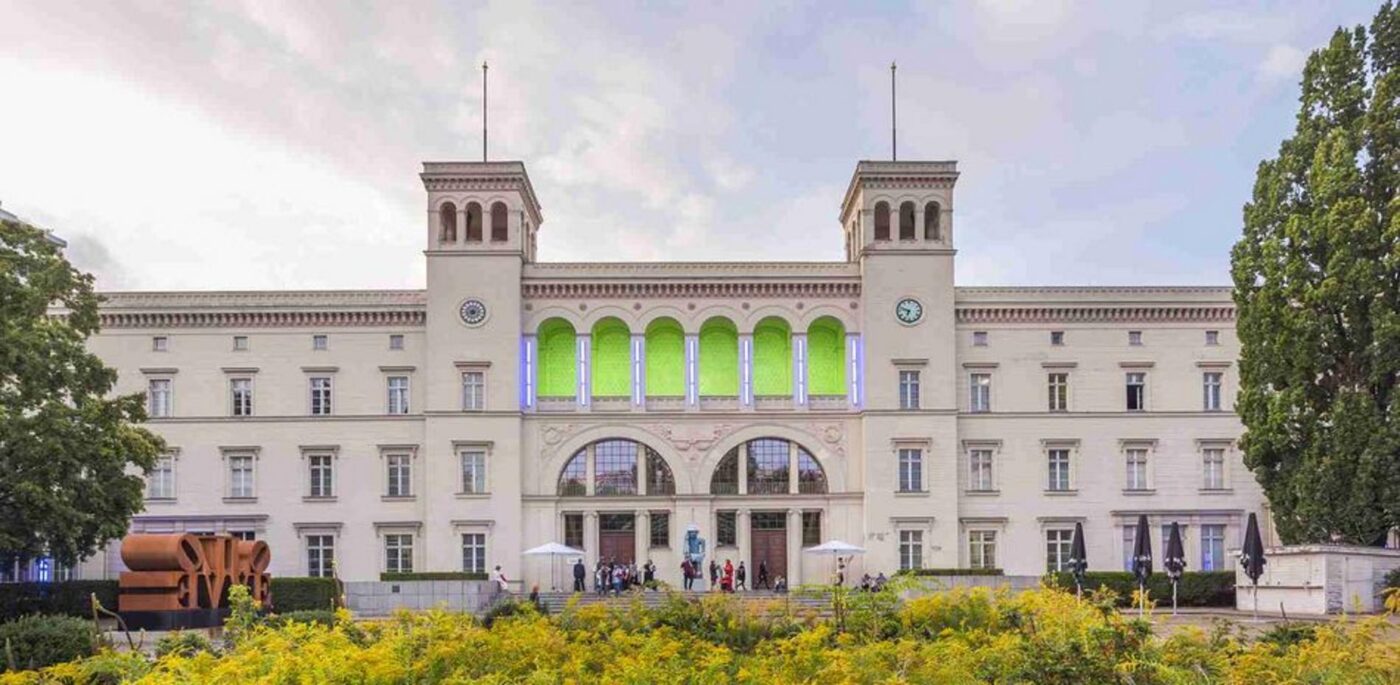by Sofia Reyes
Berlin’s State Museums have recently increased their entrance fees, signaling a move away from the ideal of free access for all. It is evident that the initial vision outlined in the 2018 coalition agreement of the CDU and SPD, aiming to increase free admission to federally funded cultural institutions, has faded or, at the very least, appears to be a distant goal.
The ethnological collections and Asian art exhibitions at the Humboldt Forum remain free, as does the permanent exhibition at the Jewish Museum. However, the two-euro increase in admission prices for all museums is attributed to rising costs and the strained budget situation, according to Hermann Parzinger, President of the Prussian Cultural Heritage Foundation.
This change not only contradicts the 2018 coalition agreement but also highlights a broader issue: the perpetuation of art as a privilege for a select few. The essence of art—its ability to inspire, educate, and provoke thought—should not be confined to a socioeconomic elite. Even if the increase is only two euros, and in comparison to other countries the entrance fee remains “accessible,” these decisions represent distancing and contradictory steps towards cultural inclusion.
For museums to realize their full potential as educational and inclusive spaces, it is essential that access remains free or, at the very least, affordable. Initiatives such as the Kulturpass for those over 18 are steps in the right direction but fall short of addressing the needs of low-income individuals over 18.
Looking at successful models such as the UK’s national museums, where free admission doubled visitor numbers in a decade, it is clear that removing financial barriers encourages wider engagement with the arts. Free admission is not just an economic consideration but a commitment to inclusion and recognition of the transformative power of art in shaping society.
While recognizing the financial challenges facing cultural institutions, it is crucial to prioritize the broader vision of cultural inclusion. Museums play a critical role in shaping societal perspectives, and their accessibility should reflect a commitment to breaking down barriers rather than reinforcing them. Governments, cultural agencies, and society as a whole must make a collective effort to ensure that art remains a shared experience, accessible to all.

